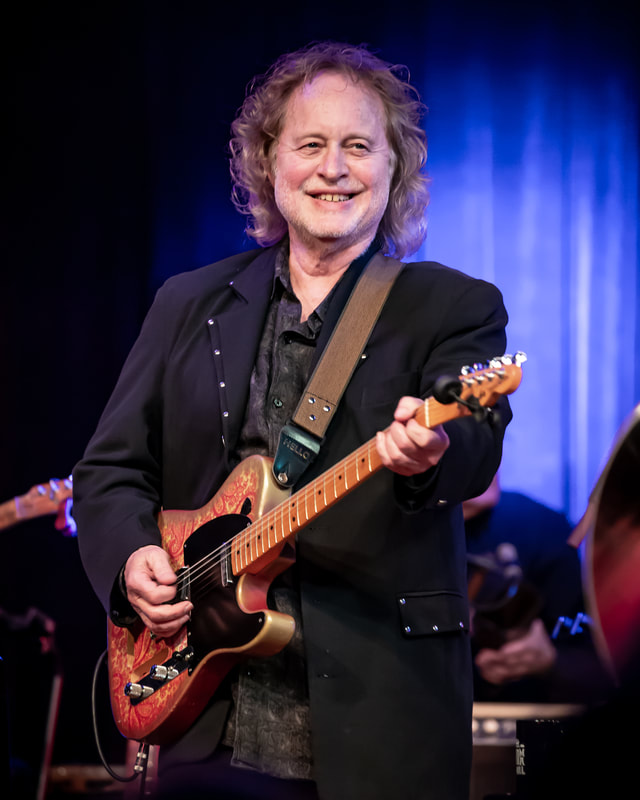Steve Ripley featured as an Oklahoma Creative at Oklahoma Historical Society's OKPOP Museum in Tulsa
Steve Ripley wore many hats–musician, singer, songwriter, guitar maker, inventor, radio host, producer extraordinaire–and they all fit him perfectly. Equal parts eccentric studio wizard, prolific song smith, laid back Okie and devout family man, Ripley’s lengthy list of friends and collaborators included some of the most famous musicians on the planet. And, as if all that weren’t enough, his band The Tractors was responsible for creating the highest selling album ever recorded in the state of Oklahoma.
